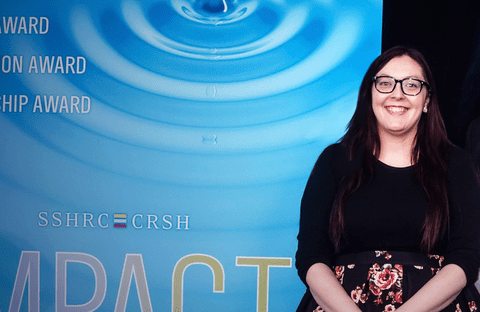The GI Welcomes Nine Students from Ukraine
In Spring 2022, UWaterloo welcomed thirty-four Ukrainian students whose, education had been disrupted by the war, to continue their studies at Waterloo. They were sponsored by the Waterloo Artificial Intelligence Institute (Waterloo.AI).

